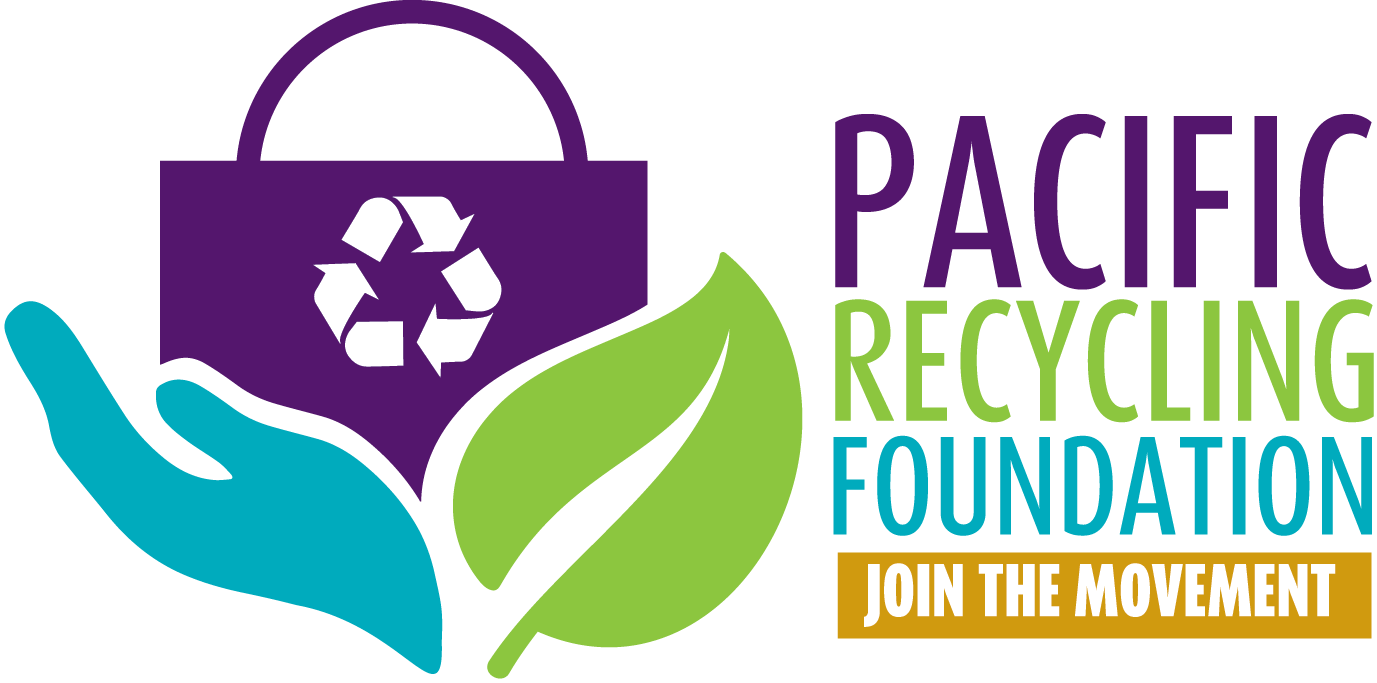Greater collaboration & donor funding critically important for recycling & upcycling projects for Fiji and the region – Deo

Pacific Recycling Foundation and Waste Recyclers Fiji Limited say they are now engaging in studies and research work with their partners to find solutions and ideas on sustainable recycling and upcycling projects for Fiji and the region, and the collection of recyclables from remote and maritime areas.
PRF Founder and WRFL Director/CEO, Mr. Amitesh Deo said they are currently working with the International Union for Conservation of Nature, Centre for Appropriate Technology & Development, a major beverage company and consultants to research into glass crushing and using end products, and also upcycling plastics into building blocks and other products.
“We are working closely with a beverage company to look for solutions for the glass bottles that end up at landfills, as the bottles can be crushed and used as sand and possibly other products. We are also working with CATD Nadave to explore plastic and possibly glass upcycling options,” said Mr. Deo.
“In partnership with the IUCN, we are carrying out a feasibility study on the ‘Hub and Spoke’ approach. The idea is to develop a system through which recyclables will be transported from remote and maritime areas to a central point, and then sent to upcycling facilities,” stated Mr. Deo.
Mr. Deo said the success of these projects is vital, as in the long run, recycled products or materials can be used for housing and other kinds of projects, and the impact can be substantial for Fijians, our economy and the region as a whole.
He said they are also exploring options of involving Collection Pillars of Recycling, formally known as informal waste pickers and mostly women in the implementation of upcycling projects.
“There is a substantial amount of cost related to research work and proposed projects and greater collaboration and donor funding is critically important. These projects not only have the potential to keep our environment clean and safe but also provide us with end products that can easily substitute expensive materials and products, hence investment is required to achieve desired outcomes,” stressed Mr. Deo.
According to Mr. Deo, capacity building in the area of recycling, upcycling and waste management also needs urgent attention, and this is where they are looking for local and international partners who can share their expertise and learnings.
Mr. Deo adds the solutions they are looking for have be adopted through local knowledge and on the principles of ‘Do No Harm’, derived from the feminist world, and which also is a key principle of PRF and WRFL.
